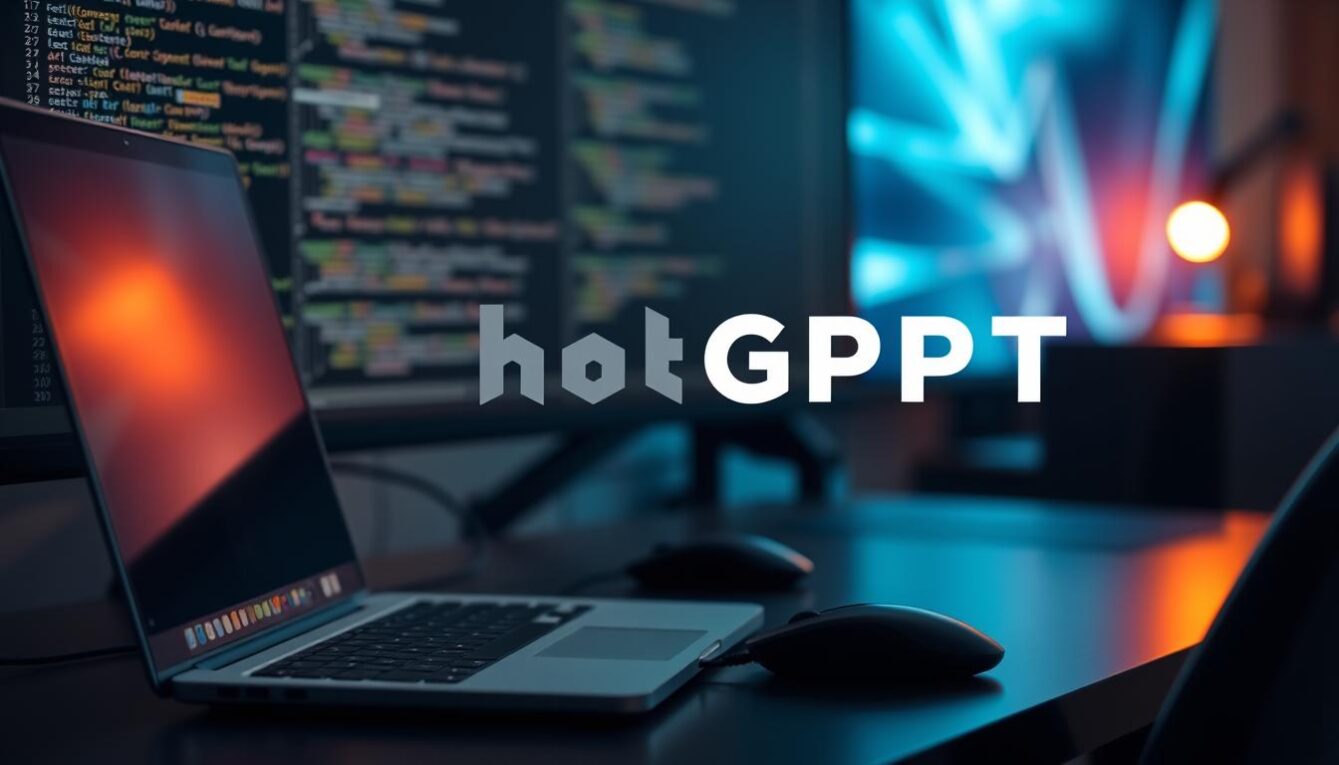SaaS Compliance: Navigating the Legal Landscape
Software as a Service, or SaaS, is a rapidly growing industry that is changing the way we do business. However, with growth comes regulations, and it’s important for SaaS companies to comply with the legal landscape that governs their operations. Luckily, there is a brighter legal landscape for SaaS compliance than there has been in the past.
In this article, we’ll explore how SaaS companies can overcome the maze of regulations, understand the legal checklist for compliance, and use SaaS compliance as a key to business success. We’ll also take a look at the future of SaaS compliance and how it’s becoming easier for companies to comply with regulations. Let’s navigate the legal landscape of SaaS together!
SaaS Compliance: A Brighter Legal Landscape
In the past, SaaS companies have struggled to navigate the legal landscape that governs their operations. Regulations have been unclear or non-existent, making it difficult for companies to comply with the law. However, things are changing. The legal landscape for SaaS compliance is becoming clearer and more established, which is good news for companies that want to comply with the law.
New laws and regulations are being introduced that specifically address SaaS companies, giving them clear guidelines to follow. For example, the EU’s General Data Protection Regulation (GDPR) requires SaaS companies to protect the personal data of their users. This is just one example of how the legal landscape for SaaS compliance is becoming more established and clear.
Overcoming the Maze of SaaS Regulations
Despite the clearer legal landscape, SaaS companies can still find it difficult to comply with regulations. There is a maze of regulations to navigate, and it can be overwhelming for companies that are just starting out. However, there are steps that companies can take to overcome this maze.
One step is to hire a compliance expert who can help navigate the regulations and ensure that the company is compliant. Another step is to stay up to date with new regulations and laws as they are introduced. SaaS companies should also have a compliance plan in place that outlines how they will comply with regulations.
Know Your Compliance: A Legal Checklist
To ensure compliance, SaaS companies should have a legal checklist that outlines the regulations that they need to comply with. This checklist should include regulations such as data protection and privacy laws, intellectual property laws, and consumer protection laws.
SaaS companies should also be aware of industry-specific regulations that apply to their business. For example, healthcare SaaS companies may need to comply with HIPAA regulations. Knowing the compliance checklist is an important step in ensuring that a SaaS company is compliant.
SaaS Compliance: Your Key to Business Success
SaaS compliance should not be seen as a burden, but rather as a key to business success. Complying with regulations can help build trust with customers and protect the company from legal liabilities.
In addition, compliance can help companies enter new markets and win new business. Many companies require their vendors and partners to comply with regulations, and being compliant can give a SaaS company a competitive advantage.
The Future of SaaS Compliance: A Happy Outlook
The future of SaaS compliance is looking bright. Governments around the world are introducing new regulations and laws that specifically address SaaS companies, making it easier for them to comply with the law.
In addition, technology is making compliance easier. Automated compliance solutions are being developed that can help SaaS companies stay compliant with regulations.
Navigating the Legal Landscape of SaaS: Let’s Do This!
Navigating the legal landscape of SaaS compliance can be overwhelming, but it doesn’t have to be. With a legal checklist, compliance plan, and expert advice, SaaS companies can ensure that they are compliant with the law.
Compliance should be seen as a key to business success, not a burden. As the legal landscape for SaaS compliance becomes clearer, companies can be confident that they are complying with the law and building trust with their customers. Let’s navigate the legal landscape of SaaS compliance together!
In conclusion, SaaS compliance is an important aspect of running a successful SaaS business. By understanding the legal landscape, overcoming the maze of regulations, and knowing the compliance checklist, companies can ensure that they are compliant with the law. Compliance should be seen as a key to business success, and the future of SaaS compliance is looking bright. Let’s navigate the legal landscape of SaaS compliance together!










